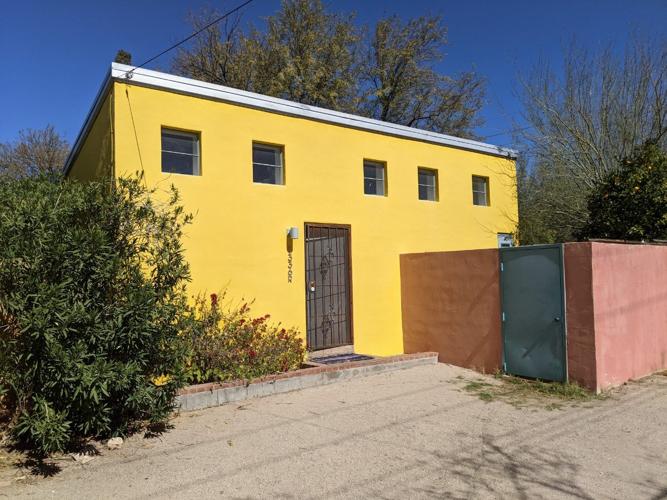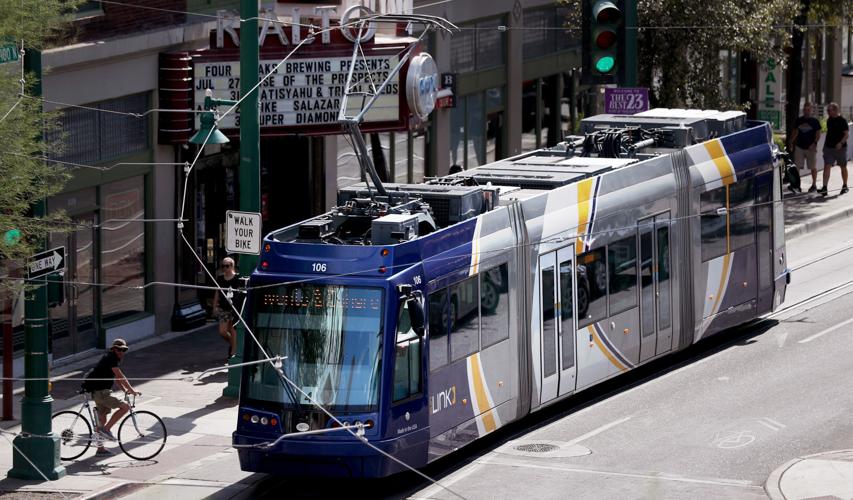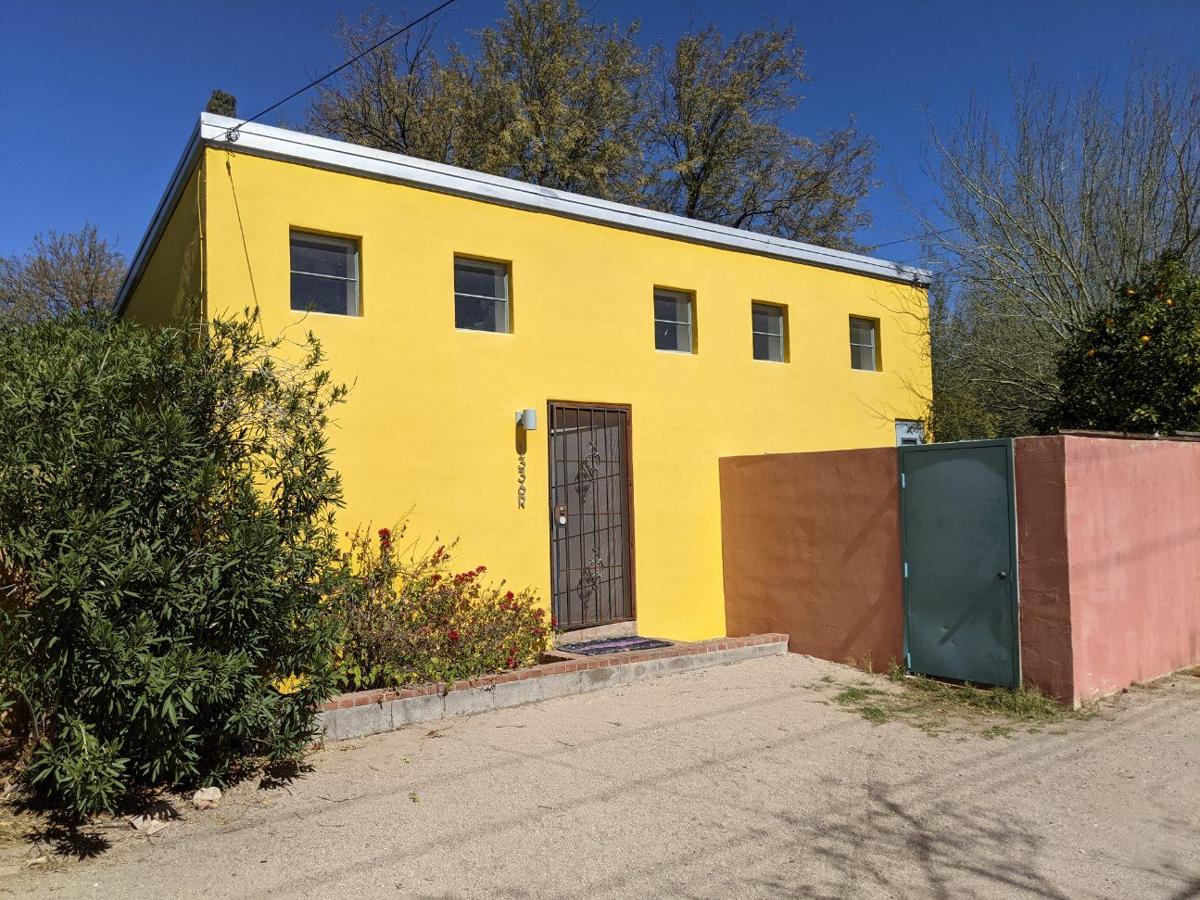PHOENIX — Efforts to address the rising cost of housing have imploded at the state Capitol, at least in part because conservative Republicans are unwilling to override local regulations, even with the consent of affected communities.
Sen. Steve Kaiser, a Phoenix Republican, acknowledged Tuesday that the comprehensive zoning overhaul won’t happen this year. That admission came despite high hopes he expressed late last week after striking a deal with the League of Arizona Cities and Towns on a slimmed-down version of his bill.
Kaiser also had picked up support from many Democrats who see local zoning, and NIMBY-ism, as a way for communities to keep out “affordable’’ housing.
The deal would have set state standards for zoning, requiring larger cities and towns, including Tucson and Marana, to allow backyard casitas and a mix of new smaller developments including small lot sizes, duplex and tri-plex homes and manufactured housing.
Democrats negotiated to have Kaiser include language giving incentives for builders to develop affordable apartments in major metro areas near light rail and street car lines.
Decisions to stay local
But the bill ended up going a bit too far for many.
Rep. Neal Carter, R-San Tan Valley, said that, as a matter of personal philosophy, he generally opposes regulations on what people can do with their property.
Only thing is, he told Capitol Media Services, that ship has sailed, and each community has its own rules and regulations.

The proposed legislation would have allowed apartment complexes near light rail and streetcar lines, such as Tucson's streetcar shown here, to build additional apartments if developers agreed to set aside a portion of the units as "affordable."
Kaiser’s legislation would have set some baseline restrictions on those local powers. Carter said that was fraught with problems.
“I do not want to turn the Legislature into the local zoning board,’’ Carter said. That’s exactly what would happen if questions of size and density suddenly became matters governed by state law, he said.
Rep. Alexander Kolodin, R-Scottsdale, said his opposition to Kaiser’s plan was even more basic.
“He just never got my voters to a place of comfort with this,’’ he said of the idea of stripping certain planning and zoning decisions away from local boards and councils.
In a Twitter post, Mesa Republican Rep. Jacqueline Parker described the package as “horrible, suburb-destroying bills.’’
Affordability crunch
Kaiser’s efforts were designed to jump-start the construction of smaller, cheaper housing in already built-up cities as a way to ease a housing crunch that has made it impossible for many people to find rental homes they can afford. One result is rising homelessness.
The agreement, struck after months of often acrimonious wrangling between cities and the senator, set the stage for lawmakers to see the completed agreement and potentially vote on it.
But it didn’t come to pass because it was clear Kaiser could not get a majority of fellow Republicans in the House or the Senate to get on board. The Senate, in a separate action, overwhelmingly rejected a backstop measure on Monday that was designed in a way to garner support from the conservative “Freedom Caucus.’’ It did not work.
“Ultimately, I think members just want to slow down and really work on a better product during the interim and then run something in January,’’ Kaiser said. “I think a lot of them were a little bit uncomfortable with just how fast everything was moving and how complex the issues are.’’
He cited fatigue among lawmakers with his battle to preempt city zoning laws as the legislative session is midway through its sixth month and due to adjourn for the year.
House Majority Whip Teresa Martinez agreed. “This was too much to absorb,’’ said the Casa Grande Republican.
Sen. Anna Hernandez, D-Phoenix, who was at the forefront of Democrats working to expand access to affordable housing, expressed frustration with the fact the session is ending with nothing changing because of objections from both sides of the political aisle.
“When we earn constituents’ votes, those come with accountability,’’ Hernandez said. “So constituents need to ask their legislators why they are voting ‘no’ on affordable housing measures and measures that will ultimately bring affordable housing in the middle of a crisis.’’
‘Artificial spike in pricing’
The Home Builders Association of Central Arizona had been a key backer of Kaiser’s original package.
That included elements of what is called “zoning by right.’’ It would have allowed some property owners to convert the use of their property from how it was zoned to something else without having to first get city approval.
But Spencer Kamps, the home builders’ lobbyist, said for his members the key element of the original package was the effort to cut down on what he said is red tape in getting a new development approved.
“The private sector can’t respond to the market quick enough when demand increases,’’ Kamps said, with the problem being local regulations. He said the result is an “artificial spike in pricing because of the supply.’’
Delay is a big part of it, he said. “My industry, literally 40 years ago you could be able to get a subdivision approved from raw land to the first home sale in about two years,’’ Kamps said. “And we’re now up to about four years.’’
But Kamps said that, by the time Kaiser was done amending the bill after negotiations with the League of Arizona Cities and Towns and others, his organization decided to neither support nor oppose it
Kaiser seemed resigned and even supportive of calling a pause to his efforts. But he was buoyed by emerging and “long overdue” efforts in cities including Phoenix to voluntarily change their zoning regulations to allow development that is more affordable than the single-family homes that have been a hallmark of development in Arizona for decades.
Tucson, for example, has adopted zoning allowing detached auxiliary dwelling units to be built alongside existing single-family homes.
“If the local governments can match supply with demand, then there’s no need for the state to be involved,’’ Kaiser said.
Still, he said that even if a large number of cities voluntarily adopt new zoning rules that match what he believes is needed, they should not expect him to just drop his efforts to force zoning changes.
“There’s a million layers and barriers you can reduce, to speed up the process, but still respect local input,” he said. “So there’s still work to be done for sure. But they’re moving in the right direction.’’
Get your morning recap of today's local news and read the full stories here: http://tucne.ws/morning






